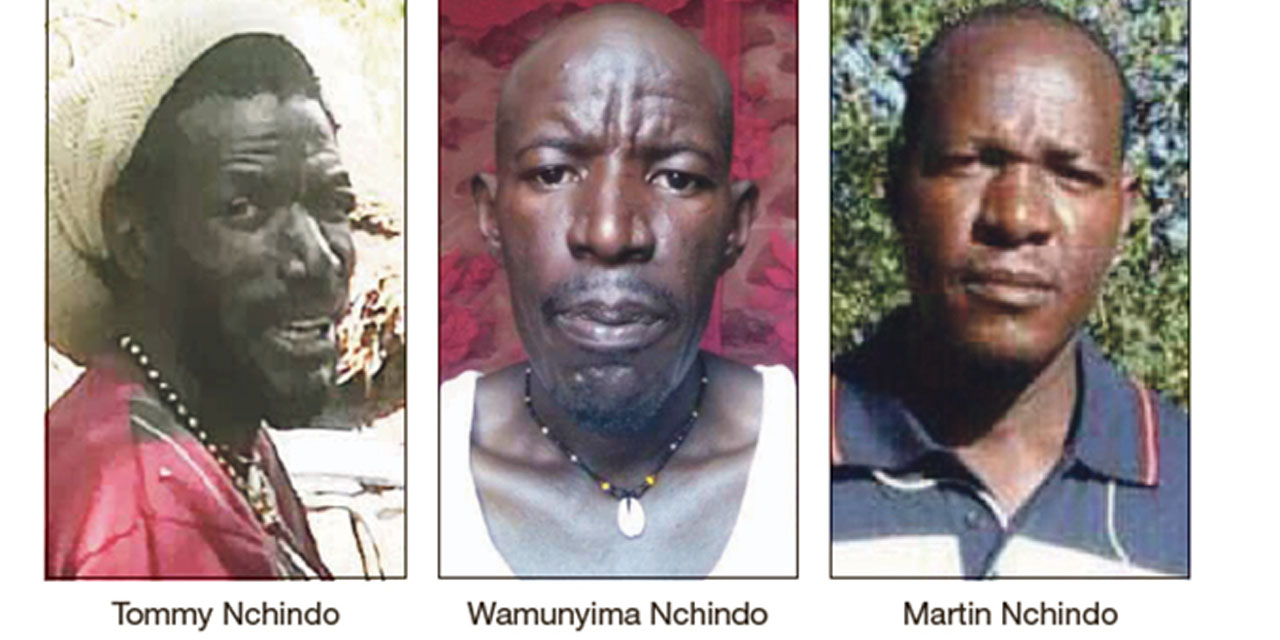Obrein Simasiku
Efforts to seek justice for the continued loss of lives at the hands of Botswana Defence Force (BDF), among the inhabitants of Namibia who are living along the common border with Botswana have landed in The Hague’s International Criminal Court, after a complaint or a case was registered by the Caprivi Concerned Grou
The group is requesting the International Criminal Court’s intervention and possible prosecution of Botswana’s President and his Army General.
The quest to seek international justice comes after Botswana’s Kasane Court in January ruled in favour of the seven soldiers who were involved in the fatal shooting of the Nchindo brothers on 5 November 2020, thus absolving them of any wrong-doing or having acted negligently. The three brothers, Tommy (48), Martin (40) and Wamunyima Nchindo (36), and their cousin Sinvula Muyeme (44), were shot by the BDF along the Chobe River, after they were suspected of being poachers.
Kasane regional magistrate Taboka Mopipi maintained that contrary to sentiments that the BDF were heavy-handed, evidence shows that they always act within the confines of the law.
“It is my findings that it cannot be held that the action of the seven Botswana Defence Force members amounted to so gross negligence so as to constitute criminal liability for the deaths of the four deceased persons. They are held not criminally liable and accordingly, they are absolved from any criminal charges,” Mopipi was quoted then.
“We would like to inform the nation that Caprivi Concerned Group submitted a communication to the International Criminal Court (ICC) on 29 July 2022 requesting that court to investigate and prosecute either Mr. Mokgweetsi Masisi, Mr. Placid Segokgo or the seven members of Botswana Defence Force who pulled the trigger to kill four unarmed fishermen on the night of 5 November 2020 in Chobe river. Mr. Masisi is the Commander in Chief of the BDF, while Mr. Segokgo is the Army General. Extrajudicial killing or murder is a crime against humanity under the ICC Rome Statute, [sic]” states a memo from the group’s secretary general Edwin Samati.
Samati said members of BDF’s anti-poaching unit use shoot-to-kill policy which authorities in that country call the Standard Operation Procedures or Rules of Engagement. Through this policy, many Namibians living along the Chobe river have been mistaken for poachers and therefore killed by the unit without a prior judicial process.
In a response dated August 1, the ICC through Mark Dillon, the head of its Information and Evidence unit, acknowledged receipt, although indicating that, the communique does not mean an investigation has been instituted nor that an investigation will be opened by the prosecutor general.
“The communication has been dully entered in the communication register of the office, and we will give this consideration as appropriate, in accordance with the Rome Statute of the International Criminal Court. As soon as a decision is reached we will inform you in writing and provide reasons for this decision.”
Botswana is a signatory to the Rome Statute of the ICC since 2008, therefore, Samati said, the court has jurisdiction in that country and can investigate or prosecute any individual citizen of that country for suspected crimes stipulated in the Rome Statute.
“The policy (shoot to kill) has never been scrutinised by an independent international judicial institution like the ICC to test it against international human rights law or specifically the ICC Rome Statute. Taking the matter to ICC provides a golden opportunity for a legal inquiry into the policy at an international level in order to vindicate, modify or abolish it and to ensure justice,” he added.




